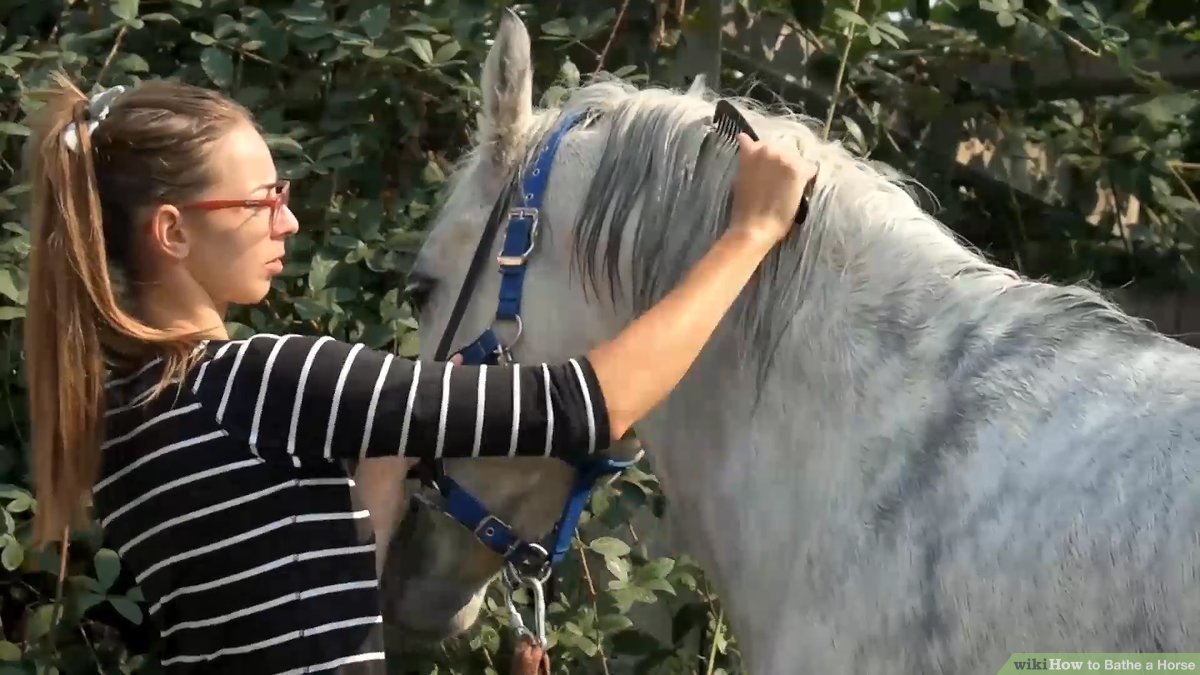🐴 Horse Care & Management (Continued)

Caring for horses involves a multifaceted approach that ensures their health, happiness, and performance. This continuation delves deeper into essential aspects of horse care, including nutrition, grooming, health monitoring, and environment management.
Nutrition and Feeding

Proper nutrition is the cornerstone of horse health. Horses require a balanced diet consisting of forage (hay or pasture), grains, vitamins, and minerals.
| Nutrient | Importance | Sources |
|---|---|---|
| Forage | Provides fiber for digestion | Hay, pasture grass |
| Grains | Energy source | Oats, barley, corn |
| Vitamins | Support metabolic functions | Supplements, fresh forage |
| Minerals | Bone strength and enzyme function | Salt blocks, mineral mixes |
Feeding Tips
- Feed horses at regular intervals to maintain digestive health.
- Avoid sudden changes in diet to prevent colic.
- Provide constant access to clean, fresh water.
Grooming and Hygiene
Regular grooming promotes circulation, removes dirt, and allows early detection of injuries or skin conditions.
Grooming Routine
- Use curry combs to loosen dirt and hair.
- Brush with stiff and soft brushes to clean and smooth the coat.
- Clean hooves daily to prevent infections.
Health Monitoring
Routine health checks are vital to catch illnesses early.
- Monitor vital signs: temperature, pulse, respiration.
- Watch for signs of lameness or behavioral changes.
- Schedule regular veterinary check-ups and vaccinations.
Environment and Shelter
A safe, clean environment reduces stress and disease risk.
- Provide adequate shelter from extreme weather.
- Maintain clean bedding and stall hygiene.
- Ensure safe fencing and ample space for exercise.
Frequently Asked Questions (FAQ)
Q1: How often should I feed my horse?
A: Horses typically do best with two to three small meals per day to mimic natural grazing.
Q2: What are signs of a healthy horse?
A: Bright eyes, shiny coat, steady appetite, and regular bowel movements indicate good health.
Q3: How can I prevent common horse diseases?
A: Maintain good hygiene, provide balanced nutrition, and keep up with vaccinations and deworming schedules.
By following these guidelines, horse owners can ensure their animals thrive in both health and spirit. Consistent care and attention to detail make all the difference in effective horse management.
